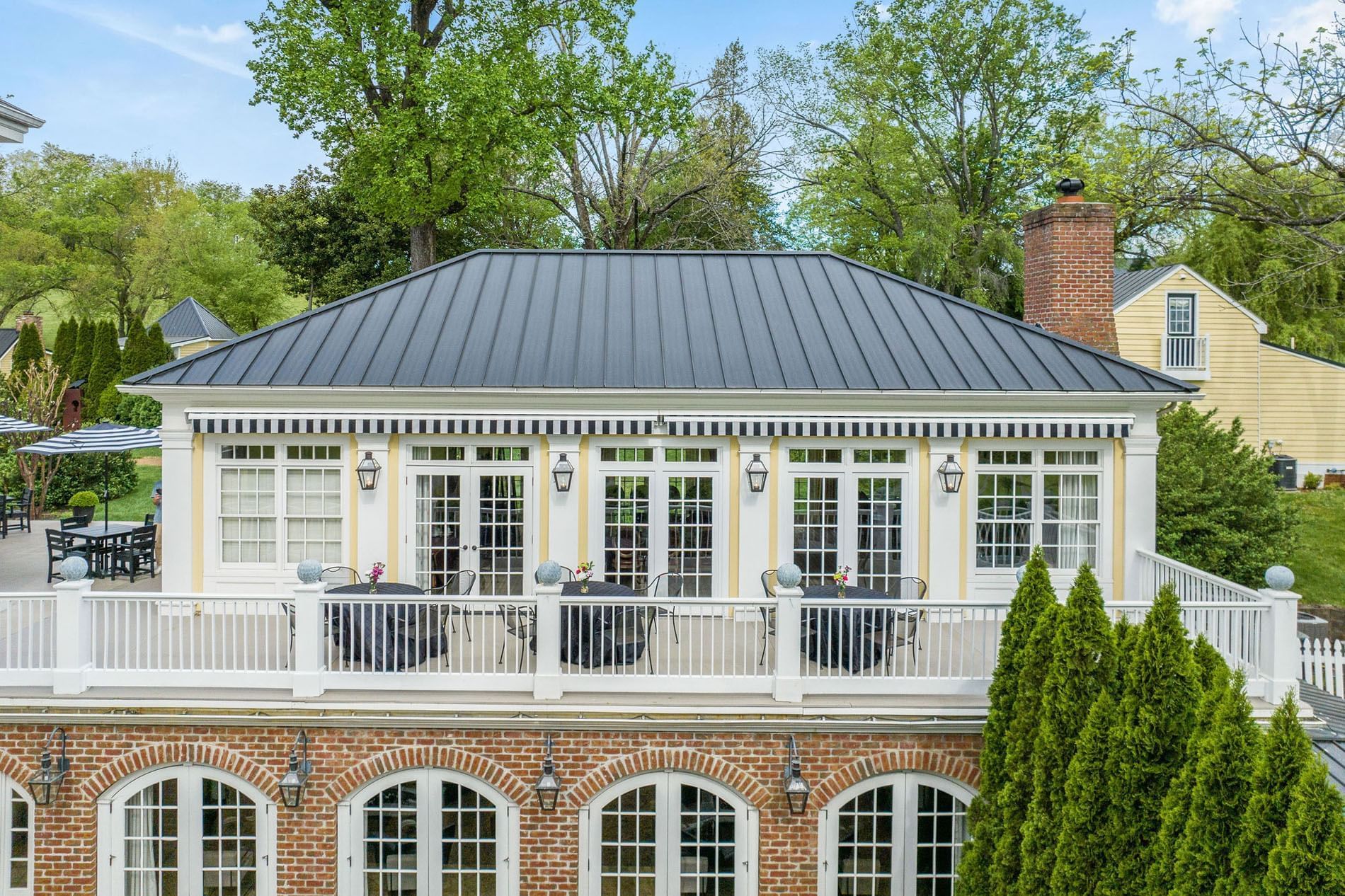Even from its earliest days, Willow Grove manor house was incredibly special. In 1778, one of Virginia’s most prominent land surveyors named Joseph Clark constructed the original federal style house. (Clark’s reputation was so great that the widowed Dolly Madison even had Clark survey Montpelier estate prior to its sale in 1844.) Designed to serve as a farmhouse, it featured some of the best American-inspired Neoclassical architecture in the state. In fact, in 1820, the original frame portion of the structure was valued at $1,125 (for reference, a “nice” home at that time was usually valued at about $200!)
The Clark family expanded the house in the mid-1800s, when the brick structure with Jeffersonian columns and hanging porches were added by the same craftsmen chosen by Thomas Jefferson for the University of Virginia campus. For many years, Willow Grove served as a working farm, with the manor house serving as a central nucleus for a working Smokehouse, Weaving House, Ash House, Spring House, and the largest Schoolhouse in Orange County at that time.
Willow Grove also saw some action during the American Civil War. Trenches and gun emplacements were developed near the house, and a cannon ball was found lodged in the manor house’s eaves many years ago.


